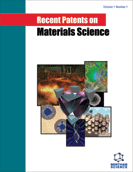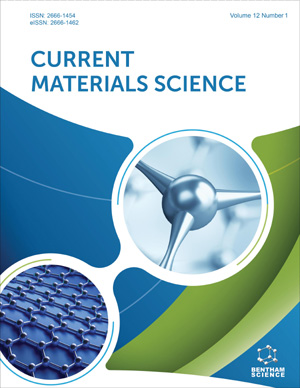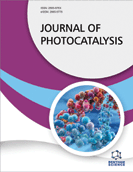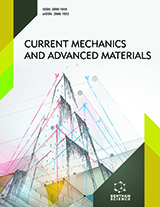Abstract
In this paper, a novel rheological measuring apparatus was designed, which introduced an additional sinusoidal vibration in parallel to the extruding direction of melt polymer. Rheology of melted polypropylene filled with CaCO3 particles in two amounts of filler (i.e., with 3 and 20 %wt) during capillary melt-extrusion was investigated respectively. The effects of vibration parameters on flow viscous behavior were studied. Compared with the steady extrusion, the apparent viscosity of filled system decreased remarkably with the increase of vibration frequency and amplitude. The apparent viscosity reached to the minimum value as vibration frequency was about 8Hz. When the filled percentage of CaCO3 is low, the response of apparent viscosity is more distinct with increase in vibration parameters. Few recent patents are also discussed.
Keywords: Calcium carbonate, capillary rheometer, dynamic extrusion, melt extrusion, polypropylene, viscosity.
 20
20











